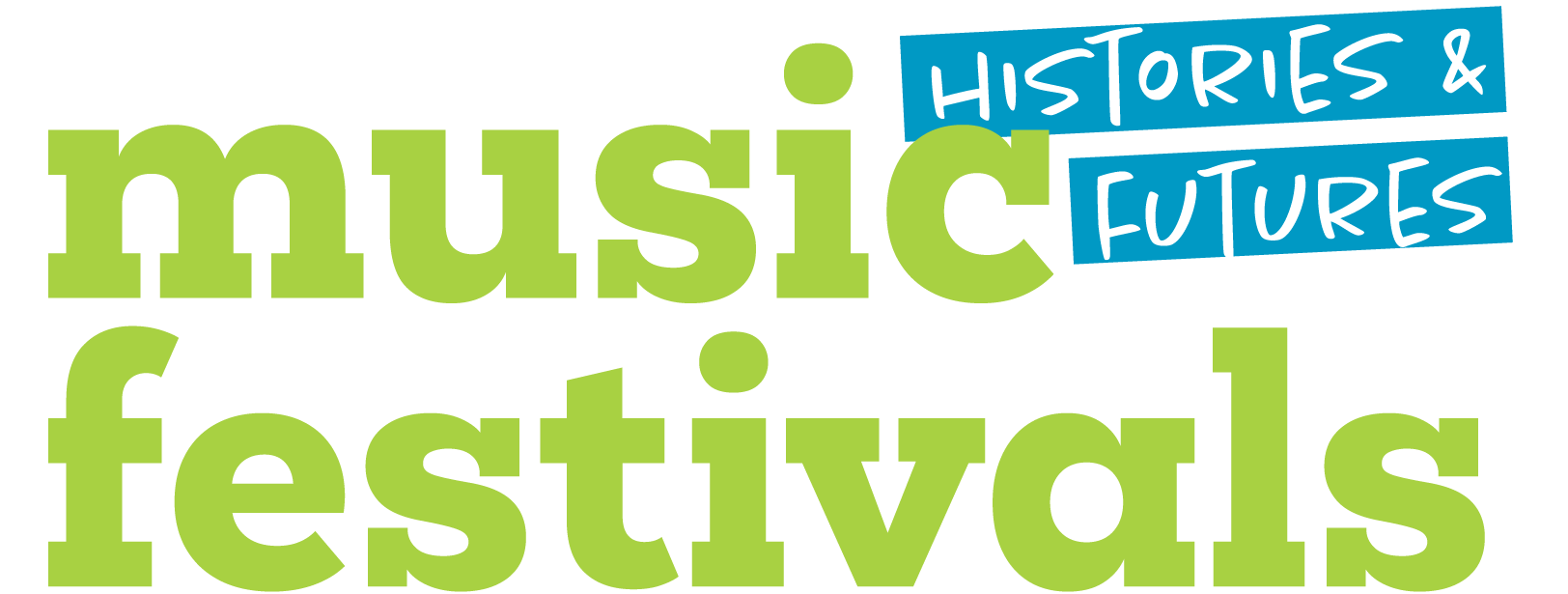Presented on 14 October 2022 during Part 2 of Curating for Change: The Work That Music Festivals Do in the World.
Michael J. Kramer specializes in modern US cultural and intellectual history, transnational history, public and digital history, and cultural criticism. He is the author of The Republic of Rock: Music and Citizenship in the Sixties Counterculture (Oxford University Press, 2013) and is currently writing a book about technology and tradition in the US folk music movement, The Garden in the Machine: Folk Music and Technology in the US, 1900 to the Present. He directs an award-winning digital public history project about the Berkeley Folk Music Festival and the Folk Music Revival on the US West Coast. In both his research and teaching, he explores new methods in digital history, digital humanities, and digital editing. Kramer has received fellowships from the Getty Research Institute, the Kluge Center at the Library of Congress, the National Endowment for the Humanities, the Woody Guthrie Center/BMI Foundation, the Music Library Association, the Society for American Music, and the Southern Folklife Collection at University of North Carolina, Chapel Hill’s Wilson Library. He has written for publications such as the New York Times, Washington Post, Salon, First of the Month, The National Memo, The Point, Theater, Newsday, and the Society for US Intellectual History Book Review.He has a background in journalism, museum work, and dance and theater dramaturgy. He is currently involved with developing a new, open-source, digital journal that will publish multimedia writing in US cultural and intellectual history, broadly conceived. Kramer blogs about the arts, culture, and politics at Culture Rover and about digital scholarship at Issues in Digital History. He teaches in the Department of History at the State University of New York (SUNY) Brockport. More information about his research, teaching, and public scholarship can be found at his website, michaeljkramer.net.
